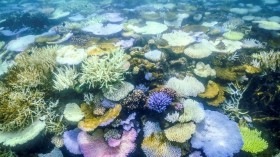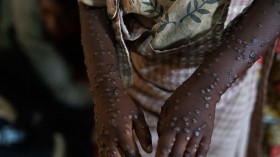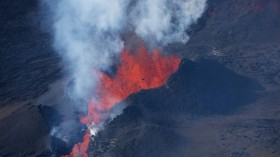Traveling to Antarctica is no easy feat, but for the hearty and brave the White Continent is a common enough stomping ground to boast its own unique brand of tourism. Now new research has revealed a consequence of this activity that few have considered: exposure to humans is raising the risk of infectious disease among penguins.
Biologists and infectious disease specialists are relatively certain that Antarctic species have immune systems that are exceptionally vulnerable to pathogens that are common elsewhere. That's largely because these animals have been isolated from the rest of the world for far too long.
Even if the impacts of our industry have been there longer, humanity first stepped onto the White Continent a mere 200 years ago, giving Antarctic immunity little time to adapt. Since then, Antarctica has begun to see more and more of humanity's curious explorers, with a stunning 37,000 tourists in the 2013-2014 season alone, according to the International Association of Antarctica Tour Operators.
Now, a study recently published in the journal Polar Biology has revealed that "the effects of both a growing tourism industry and research presence will not be without consequences," especially for the region's vulnerable penguin population.
That's at least according to Weary Grimaldi of the University of Otago in Dunedin, New Zealand, who recently spoke with New Scientist about her study.
Grimaldi and her colleagues recently assessed records of captive penguin health that reaches as far back as 1947, which found that Antarctic penguins are particularly vulnerable to diseases like Salmonella, E. coli, West Nile virus, and even Chicken pox.
Additionally, the researchers found evidence that not only are these diseases threats to these cold-climate animals, but they have already somehow found their way into wild penguin populations - likely through human exposure.
In 2006, for instance, Avian pox killed more than 400 gentoo penguins at once, boasting an uncharacteristically high mortality rate of 60 percent.
And while Antarctic tour initiatives - often headed by environmentally aware experts - are careful to reduce disease exposure to the local wildlife, Grimaldi argues that climate warming in the region may be dropping new stressors on these flightless birds that could weaken their immune systems even further - warranting close and careful monitoring.
For more great nature science stories and general news, please visit our sister site, Headlines and Global News (HNGN).
© 2024 NatureWorldNews.com All rights reserved. Do not reproduce without permission.





